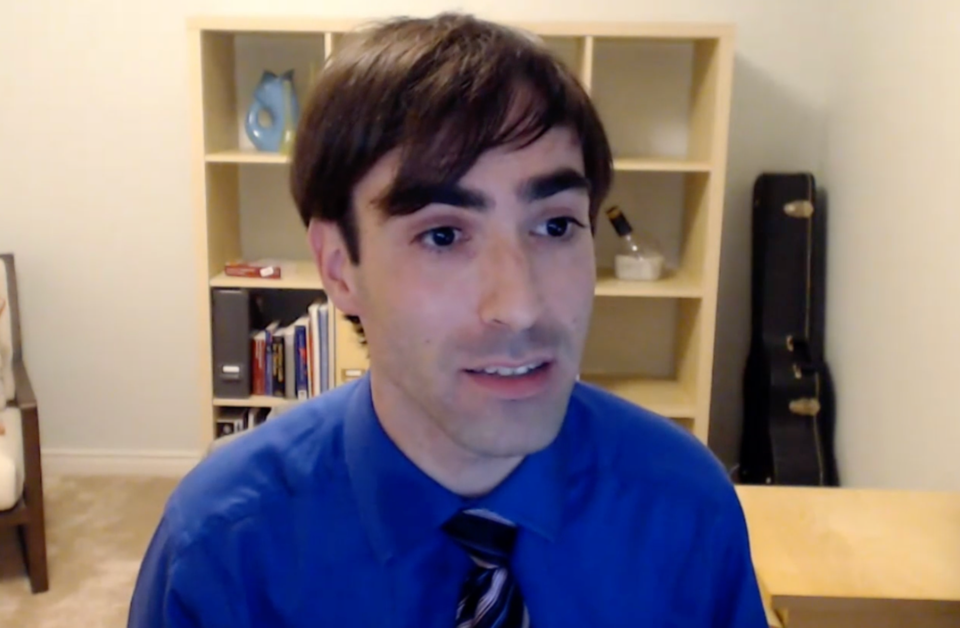With cases rising this fall, school children below the age of 11 are the most vulnerable to COVID-19, according to Wellington-Dufferin-Guelph Public Health.
At Tuesday’s board meeting for the Upper Grand District School board, Dr. Matthew Tenenbaum, associate medical officer of health for WDG Public Health, said the increase in COVID cases goes to show that despite the number of people vaccinated in the community, we have still not reached a point where we’re able to rid our community of transmission.
“The fact that we're seeing an increase in our case counts and rates, just as a reminder to us that we aren't quite out of this yet," said Tenenbaum.
Tenenbaum said unlike previous pandemic waves, case rates for children between zero to 11 have been outpacing case rates for those who are 12 to 17. As of Tuesday, the UGDSB reports 10 COVID cases in nine schools. Eight of those cases were in elementary schools.
“We don't yet have a vaccine to offer them, and that makes them more susceptible to an increased risk compared to those who are older, and it does reflect this awkward phase that we're in where we have some people who can benefit from the vaccine, but not everyone,” said Tenenbaum.
He said WDG Public Health ‘fully’ expects COVID outbreaks in schools given that COVID-19 with the highly transmissible Delta variant is still circulating.
“That's why all the measures that we're taking to control COVID-19 in our community will reduce the risk we have in our schools, even for those who are not in school or working in school or interfacing with school directly. All the measures that all of us take to keep case counts down overall, reduce the risk in our schools,” said Tenenbaum.
“Cases in schools come from somewhere, they don't spring out of thin air, they always come from somewhere. Someone comes into school, having been exposed somewhere else.”
He said children who get COVID are less likely to require hospital care or die as a result of the virus but it's still important to keep case rates as low as possible. He said case rates are about seven times higher among those who are unvaccinated compared to those who are fully vaccinated.
“This last leg of the journey to make sure we're doing everything we can to protect our children and our community who cannot yet be vaccinated.”
Tenenbaum said the new COVID wave is different from previous waves because of the new Delta variant which is outcompeting all the other forms of the virus. He used the Swiss cheese metaphor that describes multiple slices of cheese just being a layer of protection against the virus.
“The idea is that there's no one measure that protects people in schools as effective as vaccines are on their own. They're not going to cut it as effectively as masks on the road, they're not going to cut it,” said Tenenbaum.
“So that's why we combine vaccinations and masks and distancing and keeping people in cohorts and doing daily screenings and optimizing ventilation, and all of those things work together, because the idea is that even if there's a gap or a failure of any one layer, you've got other layers to back it up.”
